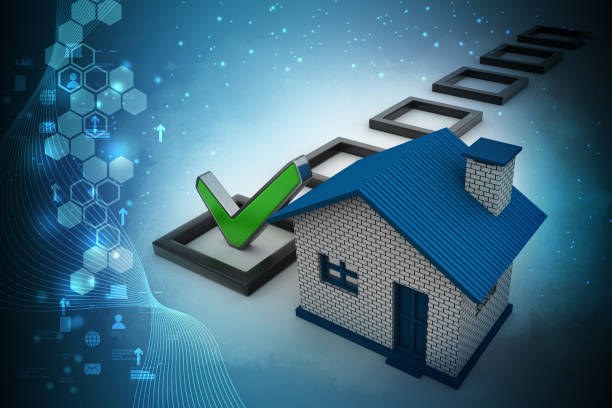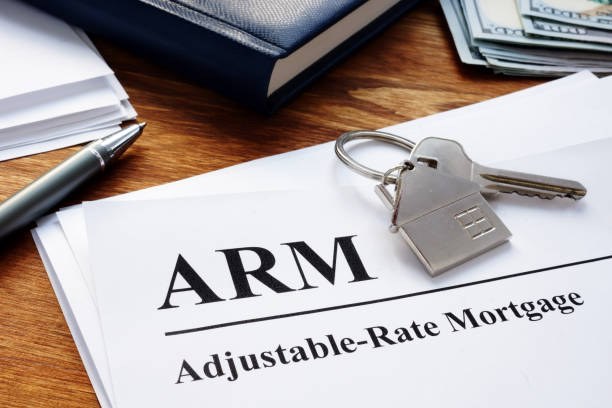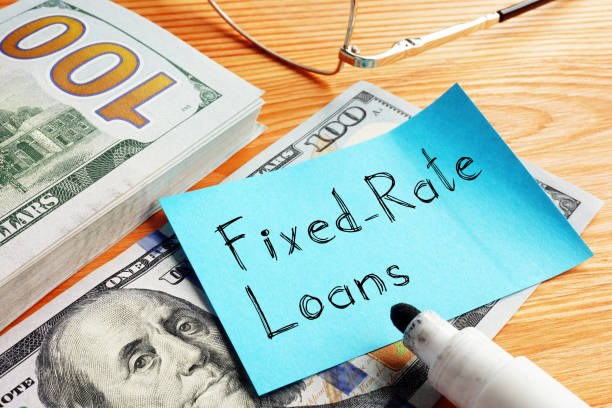First-time home buyers have a lot of options when selecting a mortgage loan. But the sheer number and diversity of these options can be overwhelming. Especially for someone, who has never used a mortgage loan.
This article will help make concepts easy to understand by breaking down two key decisions that first-time homebuyers encounter when selecting a mortgage. By grasping these concepts, you’ll have an easier time deciding on the ideal home loan tailored to your needs.
Two Big Mortgage Choices for First-Time Home Buyers
To clarify, the mortgage choices we’ll discuss apply to all buyers, including first-time and repeat buyers. However, we’ll mainly focus on loan types better suited for first-time homebuyers, especially those with limited budgets.

Now, let’s dive into one of the first decisions you’ll encounter when exploring different mortgage options: selecting between a conventional loan and a government-backed home loan. Understanding these distinctions is critical if you’re contemplating how to qualify for a house loan as a first-time buyer.
Option #1: Conventional vs. Government-Backed Loans
For those new to home buying and weighing their mortgage banking options, there is a choice between a conventional and a government-backed loan. Each year, these two categories account for the great majority of home loans issued in the United States.
But what are these options, and which is better for first-time buyers?
- A conventional mortgage loan is a kind of home loan that excludes any guarantees or insurance offered by an administrative agency of the government. Such as the Federal Housing Administration or the Department of Veterans Affairs.
- Government-backed mortgage loans are those that are insured or guaranteed by the government. Even if a private lender provides the money (akin to a regular mortgage), the federal government nevertheless funds these loans.
The USDA, FHA, and VA home loans are some of the most well-known government-backed loans. These loans are meant to increase the likelihood that certain groups, like veterans or first-time homebuyers, would be able to become homeowners. Lenders can provide borrowers with more lenient credit standards with the help of the government.
Some of these government-backed financing options are accessible to all first-time buyers, while others are restricted to members of particular demographic groups. Anyone interested in buying a home who meets a few simple requirements can apply for a loan via the Federal Housing Administration. Contrarily, the VA program is exclusively accessible to those who are currently serving in the military, veterans, and occasionally their eligible spouses.

So, which mortgage option suits you best as a first-time buyer?
This will vary based on your circumstances. The FHA loan program could be suitable if you’ve faced credit issues. It provides more flexibility regarding qualification criteria than a conventional home loan.
First-time buyers who are part of the military might find the VA loan program more appealing. It allows buyers to finance up to 100% of their purchase price, eliminating the need for a down payment. Reduced monthly costs are a benefit of eliminating mortgage insurance for VA home buyers. If you’re thinking of taking the steps to buying a house with a VA loan, these advantages can play an important role in shaping your homeownership journey.
Nevertheless, conventional mortgage loans also have advantages, particularly if you have the means to put down at least 20%.
First-time homeowners can avoid paying mortgage insurance if they choose conventional loans and put 20% or more down. This is due to the fact that conventional loans that surpass 80% of the value of the house typically demand private mortgage insurance (PMI).
Option #2: Fixed vs. Adjustable-Rate Mortgage Loans
Options are provided to first-time homebuyers for the interest rate structure of their loans. There are two basic categories of house loans, in this sense: fixed and adjustable.
Your mortgage loan can have a fixed rate that never changes or an adjustable rate that does so from time to time during the course of the loan. Each choice has benefits and drawbacks.
For first-time homebuyers, this is still another critical choice because it affects both the size of the monthly payments and their long-term stability.
So, now let’s take a closer look at each option individually:
Adjustable-Rate Mortgage (ARM) Loans

A mortgage that changes in interest rate over time is known as an adjustable-rate mortgage (ARM). Nowadays, most ARM loans include a fixed interest rate during the starting years. A rate adjustment takes place at regular intervals after this period, usually once a year.
You might wonder why a first-time home buyer would pick this specific mortgage program. Why would someone choose a mortgage whose interest rate changes over time?
The answer lies in the capability of saving during the initial stages.
Compared to their fixed-rate equivalents (described in the later section). Adjustable-rate mortgage loans often have lower interest rates at the beginning of the loan term. This offers the opportunity for first-time homeowners to reduce their monthly payments and save money during the initial years of home ownership.
Additionally, a homeowner has the option to switch from an adjustable-rate mortgage loan to a fixed-rate mortgage. Dodging rate adjustments that take place after the initial time. They could even decide to sell their home and get a new one. In any case, the borrower will be able to save money while avoiding the long-term uncertainty that adjustable-rate mortgages entail.
Fixed-Rate Mortgage Loans

As the name implies, a fixed-rate mortgage loan’s interest rate is a fixed loan period, which is often 15 or 30 years. As a result, borrowers get consistency and predictability in their monthly payments. Many borrowers are prompted by this stability to evaluate their financial goals and the choice of whether to invest money or pay off their mortgage.
Since it offers a consistent budget and prevents abrupt fluctuations in monthly payments, first-time buyers frequently choose fixed-rate mortgages. Many homebuyers like the long-term stability it gives. Despite the interest rate maybe being a little more than an ARM loan.
This loan type is a fantastic choice for first-time buyers who want to live in their houses for a long time and want to guarantee a stable rate for the course of their loan.
Summary
First-time homeowners can choose from a variety of alternatives based on their circumstances and desires.
Buyers should be aware of the difference between conventional loan and government loan, fixed-rate mortgages, and adjustable-rate mortgages. In order to make an informed choice that aligns with their financial goals and desire to purchase a house.
Understanding these concepts can give first-time homebuyers the confidence and information they need to choose the mortgage options that are best for them.
Note: This article outlines the several mortgage alternatives and choices first-time homebuyers can make. Given that each loan scenario is unique and catered to certain borrowers. Some portions of the article might not apply to your specific situation.


